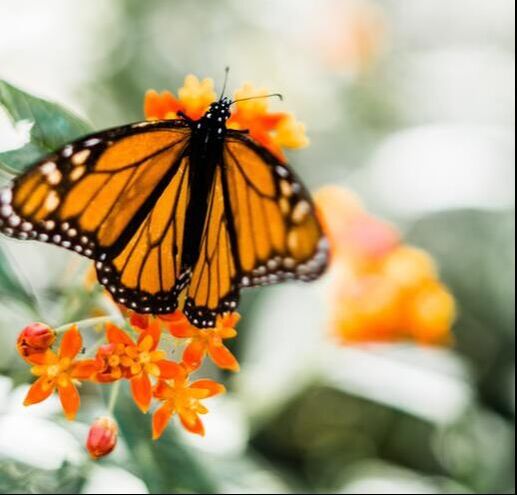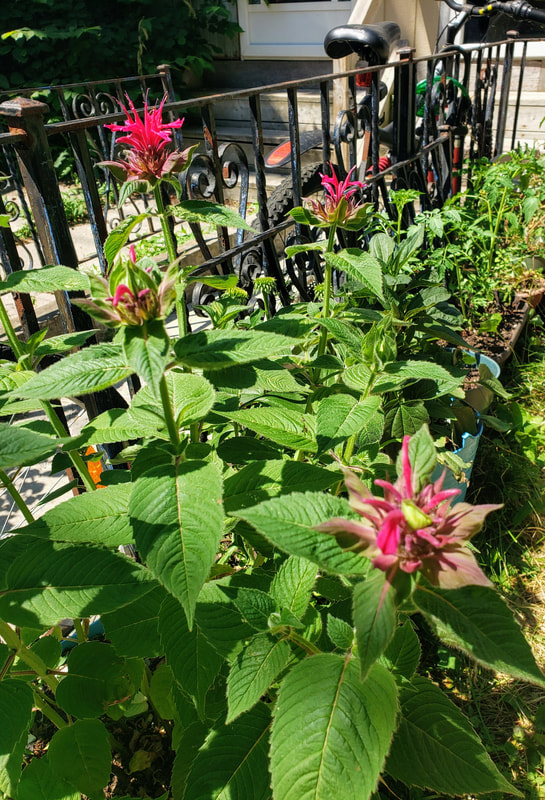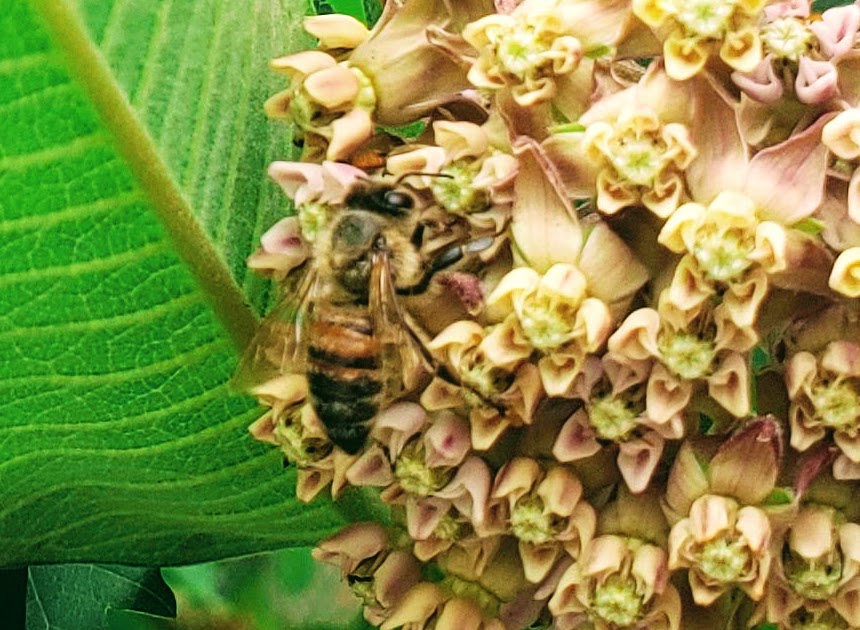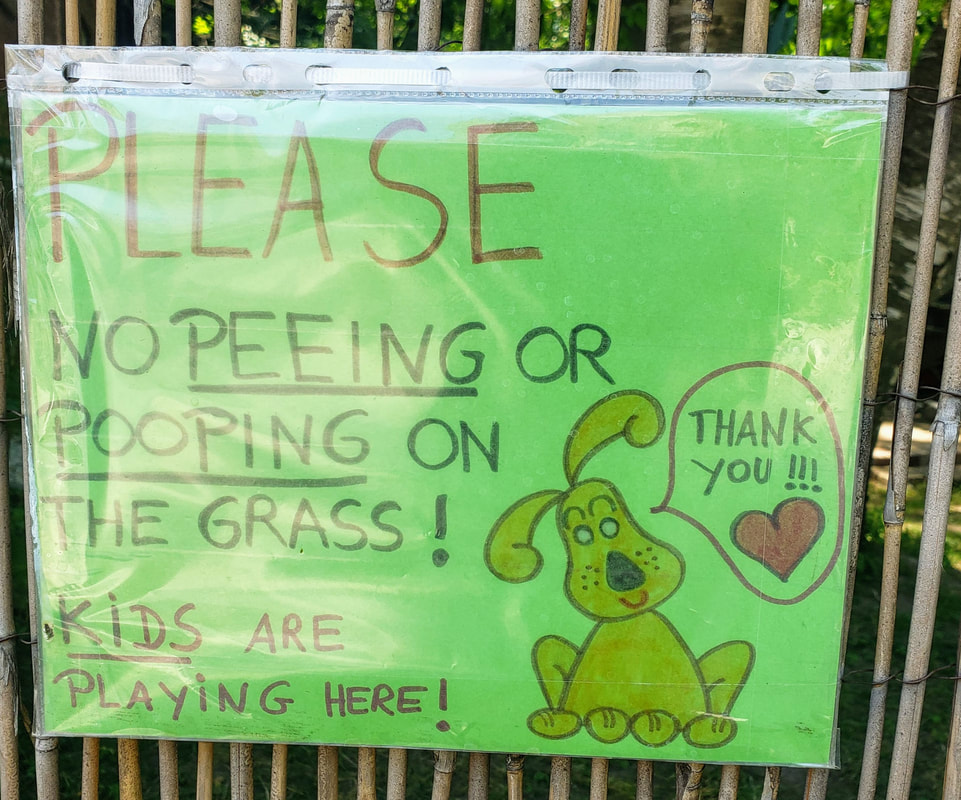|
There are so many big things happening in the world now. Some of us, myself included, have been having the good fortune to be able to garden during this unusual summer. In addition to being a nice distraction from the world around us and a coping tool, we can use gardening as a sort of container, playground, practice area to feel our feelings. I'm not just thinking about our big feelings about everything that's going on - but rather - our feelings about gardening itself! Getting curious about our inner experience, feeling our feelings, and getting to know what we need is something that we can practice. It can feel safer to practice feeling our feelings about the "small stuff" rather than the most painful or big areas of our lives. Even something as mundane as gardening can bring out a whole host of feelings inside. I will use my own experience as an invitation for you to explore what you have been experiencing in your own garden. I've found a whole array of feelings there - across the spectrum of feelings! I have learned that gardening can be a frustrating experience. I want my plants to grow nicely, but I don't always know exactly how to help them do so. Relatedly, I tend to have an impatience - a desire to know everything there is to know about gardening. My frustration and impatience has helped me identify my needs - both for more learning about gardening, as well as some acceptance I will surely not become an expert overnight. On the other end of the spectrum, gardening can also be a very satisfying experience. When I take the time to notice the fruits of my labour, to see how I have transformed a pot or piece of land into something beautiful or useful, I often get a great sense of self-efficacy, mastery, even pride - "I have helped these plants thrive!" These are all very important, life sustaining feelings I get to sample in my garden. And then of course, there is the inevitable loss of plants. I became quite sad when I killed a favorite plant with an extensive taproot system via a transplant fail. I felt a surprisingly powerful sense of loss! I noticed my critic voice that tried to undermine my feelings and belittle me for getting so sad over a plant - and I then reaffirmed the reality of my loss. This plant really meant something to me, for various reasons! And my loss, though small, was real! Only after I allowed myself to really feel my loss, and even shed a tear, was I able to begin to move on - and feel re-energized in my learning how to better transplant this plant! On the other side lives my sheer joy at being able to reclaim my connection to land, to growing plants for my own enjoyment and for pollinators - who I so enjoy watching in their buzz of activity. My surprise of delight when a flower uncurls from a bud, when a favorite insect visits, when a fruit begins to form. The pleasure in engaging my senses, in the beauty, the fragrance, the flavour, the feeling of the soil in my hands and the sounds of life surrounding me. In addition to pleasure, I have also experience pain in my garden. The pain of repetitive movements, particularly around weeding. The discomfort of the hot sun blazing down at me while I am hard at work. I have also reconnected with the part of myself that tends to get afraid about the pain - that gets alarmed and say things like - "Oh no! We're going to be in pain forever!" Or - "I can't bear this!" I have been noticing this part of me too - and giving it voice so that it feels heard. And then returning to the pain and asking it what it needs - maybe a break, a stretch, a better position, some shade. (For really helpful work around allowing pain and discovering what it needs, see Ann Weiser Cornell's series of videos). Then enters my anger. At the pesky four-legged intruders who steal my harvest and frustrate my efforts. At the dog owners who let their pets do their duty on my lawn but "forget" to clean up. Anger is an extremely important emotion that often gets a bad rap. My anger is the signal that I need to protect my boundaries. In my garden this looks like experimenting with barriers and deterrents to protect my harvest from pests. Anger gets a bad rap because of the aggressive behaviour it sometimes inspires, which is distinct from the anger itself. When I first found dog droppings on my lawn, I was furious. I began to fantasize about the aggressive sign I would put on my lawn. As soon as I was able to internally acknowledge my right to a clean piece of land, I simmered down and was able to imagine creating a more assertive, but less aggressive sign. Then I passed this lovely sign in my neighborhood, which I thought was a lovely and assertive expression of anger, a kind yet firm reinforcing of boundaries. While anger prompted a desire to disconnect, assert, and protect boundaries, my garden also sometimes helps me connect in really powerful ways. To forces larger than myself. To fellow gardeners and neighbours. To the ecosystem as a whole. To the pollinators that come visit. To forces of nature and weather patterns that have a direct impact on my garden. To a spiritual sense, that I can sometimes tap into, that I am myself a part of nature, and in this sense never alone. I am profoundly needing this sense of connection as we continue with forms of isolation and distance in Ontario. I'm feeling grateful that I have this opportunity - and if you do too - or even a houseplant or a different hobby - I invite you to use your garden (or other hobby) as a space, a container, to sample your feelings - where you can get curious about them and sample them without feeling as flooded or overwhelmed. Where you can gently flex this muscle of returning to our inner worlds. What have you been experiencing in your garden?
6 Comments
|
Proudly powered by Weebly




 RSS Feed
RSS Feed